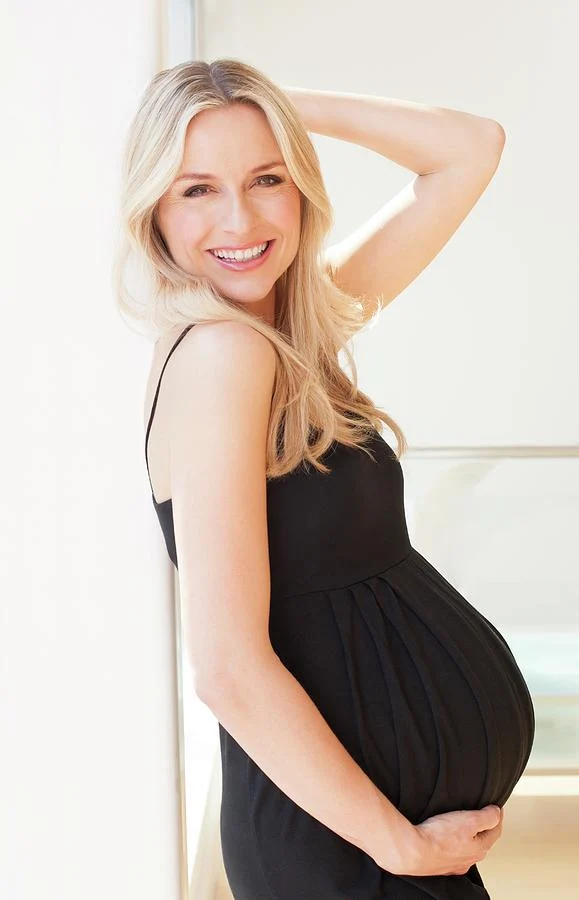One of the first lessons I absorbed as a child was the importance of saying “please” and “thank you.” As a dutiful student in Catholic school, I took this to heart, ensuring I always expressed my gratitude. Now, saying “thank you” has become second nature; I even wrap up emails with a cheerful “thanks!”—complete with an exclamation point—even when it’s not really warranted.
Ever since my little one arrived seven months ago, my instinct to show appreciation has intensified. I find myself thanking my partner for both the mundane and the monumental tasks of parenting. Whether it’s diaper changes, picking up from daycare, or late-night feedings, I express my gratitude in hopes it shows him that parenting isn’t just Mom’s responsibility.
While I know my partner values my contributions, his expressions of thanks seem less frequent. I suspect this is because, on some level, he views my efforts as simply fulfilling my role as a mother. Our traditional roles seem deeply ingrained—he’s the hunter, I’m the gatherer, right?
My partner is what some would call a “hands-on” dad, a term that makes me cringe. It’s often used as an enthusiastic compliment when dads perform everyday tasks that would typically go unnoticed if done by moms. Picture this: at a bustling Italian restaurant, a baby starts crying. Dad pulls a bottle from the diaper bag and feeds the baby while Mom savors her pasta. An onlooker chimes in, “You’re so lucky he’s such a hands-on dad! I always had to do everything!” Meanwhile, if Mom had been the one feeding the baby, no one would even blink.
It’s time to elevate our expectations of fathers. Dads shouldn’t just wait for their moment to shine during t-ball games; they should actively participate in all aspects of parenting without needing a gold star for every little thing.
Some might argue that because of biology, certain tasks like breastfeeding naturally fall to moms. While that’s true for those who choose to breastfeed, my experience has been different. My son was born six weeks early, and due to some struggles with milk production, my partner has been feeding him since his time in the NICU.
Of course, there are countless other parenting tasks that dads can take on. Some moms might worry that dads won’t do things “as well,” but how will they improve without a chance to try? The increasing number of stay-at-home dads gives me hope that we’re making progress. A man’s place can absolutely be at home, just as much as a woman’s.
Ultimately, I hope that by the time my son becomes a father, expressing gratitude for simply feeding his child will be a thing of the past—especially not from me.
If you’re interested in learning more about home insemination and parenting, check out this post for some insightful tips. For more resources on becoming a mom, visit CryoBaby’s at-home insemination kit for expert advice. Additionally, Hopkins Medicine provides excellent insights for anyone navigating pregnancy and home insemination.
In summary, while it’s important to acknowledge and appreciate the contributions of fathers, it’s equally vital to recognize that parenting is a shared responsibility. Let’s aim for a future where both parents are seen as equals in their roles, without the need for constant praise for simply doing their part.
